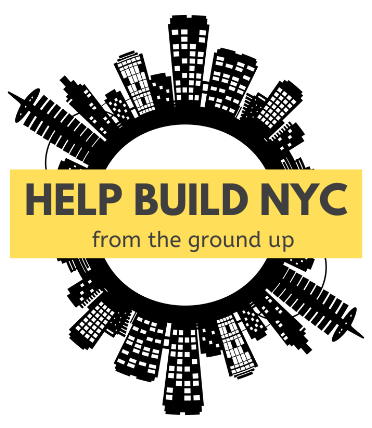Homelessness is a complex issue that affects people of all backgrounds. However, it is important to recognize that homelessness does not affect everyone equally. People who are homeless are more likely to experience other forms of oppression, such as racism, sexism, and ableism. This is known as the intersectionality of homelessness.
Racism is a system of oppression that privileges white people and disadvantages people of color. People of color are more likely to be homeless than white people. This is due to a number of factors, including discrimination in housing and employment, and the legacy of slavery and segregation.
Sexism is a system of oppression that privileges men and disadvantages women. Women are more likely to be homeless than men. This is due to a number of factors, including domestic violence, sexual assault, and the gender pay gap.
Ableism is a system of oppression that privileges people without disabilities and disadvantages people with disabilities. People with disabilities are more likely to be homeless than people without disabilities. This is due to a number of factors, including discrimination in housing and employment, and the lack of accessible housing and transportation.
The intersectionality of homelessness means that people who are homeless face multiple challenges. They may experience racism, sexism, ableism, and other forms of oppression. This can make it difficult for them to find housing, employment, and other resources.
It is important to recognize the intersectionality of homelessness in order to address the issue effectively. We need to address the root causes of homelessness, such as poverty, lack of affordable housing, and discrimination. We also need to provide services that are tailored to the needs of people who are homeless, including people of color, women, and people with disabilities.
